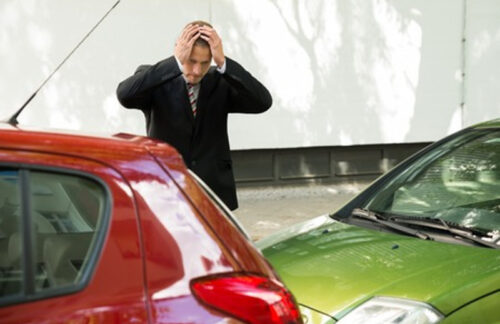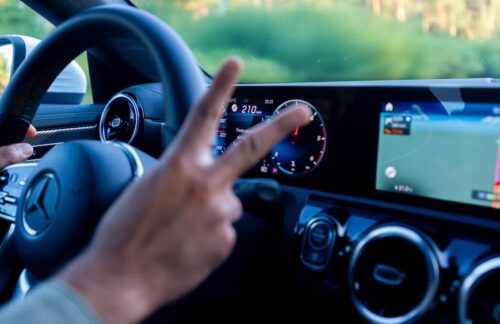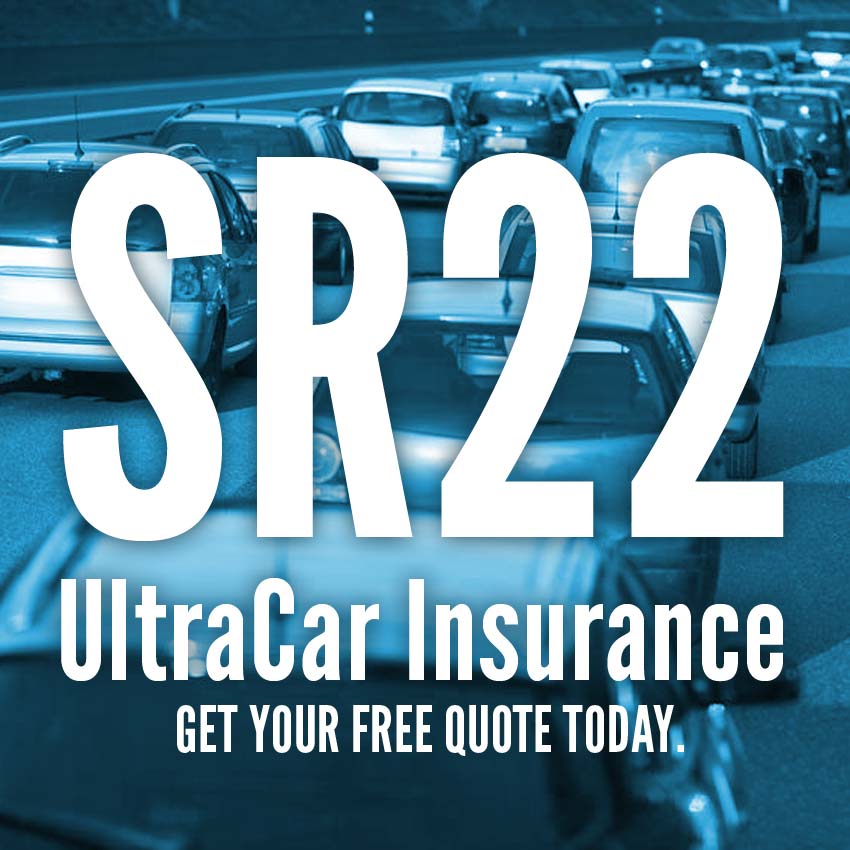Every car owner is familiar with the state’s requirement to insure their vehicles. However, non-owner auto insurance, also known as No-Car Insurance, is another type of auto policy that’s not as well known but can be crucial in certain situations.
What is auto insurance for non-owners?
States require drivers who don’t own a car to carry non-owner auto insurance when they need to file an SR-22 or FR-44 certificate to reinstate their license. Non-owner insurance is liability coverage for people who occasionally drive a borrowed car. The key point is that it is occasional; it is not a blanket-type policy that protects you when driving any vehicle.
When borrowing someone’s car, verify that the owner has the state’s minimum required liability insurance. You should not drive a vehicle without insurance. The owner’s primary insurance always pays claims first; then, the non-owner policy covers only liability in the case of an accident.

Another reason people get non-owner insurance is to have extra liability coverage when driving another person’s vehicle. Suppose you want a no-car policy without an SR-22 or FR-44 filing. In that case, most non-owner insurance companies require you to have a valid driver’s license and a clean driving record.
Non-Owner Car Insurance Coverage
Liability
Non-owner auto insurance helps cover costs associated with bodily injury or property damage you may cause while driving a vehicle you do not own. It helps protect your financial well-being if you are involved in an accident. Unexpected medical bills and repair expenses can increase quickly if the car owner’s insurance doesn’t cover all claims.
Uninsured / Underinsured Motorist
In addition to liability coverage, non-owner policies can include uninsured or underinsured motorist coverage. This coverage protects you if a driver collides with the car you’re driving and doesn’t have enough insurance to cover your expenses. For instance, if the at-fault driver’s insurance is insufficient to cover your medical bills or vehicle repairs, uninsured or underinsured motorist coverage helps make up the difference. This coverage is mandatory in some states and optional in others.
Medical Payments
Non-owner auto insurance policies may include optional medical payment coverage, which helps pay for your medical bills resulting from an accident.
Limitations of No-Car Auto Policies
One limitation of non-owner insurance coverage is that it does not include repairs to the vehicle you borrow. It also restricts the types of cars you can drive. Reviewing the specific requirements and limitations set by the issuing insurance company is essential before purchasing a non-owner policy.

Benefits of Non-Owner Car Insurance
The main advantage of non-owner insurance is its liability coverage for people who occasionally borrow a vehicle. Rather than insuring a car, it insures the driver. It provides security, preventing costly out-of-pocket expenses and legal issues if the policyholder causes an accident while driving another person’s car.
All states require vehicle owners to insure their vehicles. As mentioned earlier, if you borrow someone’s car, it’s advisable to verify their current coverage. However, having a secondary policy ensures adequate protection, regardless of whose car you are driving.
Another benefit of non-owner auto insurance is maintaining a history of continuous coverage. Maintaining this secondary coverage can improve your insurability by demonstrating financial responsibility. Being able to show no lapse of coverage can help you get a lower rate if you buy a vehicle and need standard auto insurance in the future.
Tips for Choosing a Non-Owner Auto Insurance Policy
Liability coverage is an important consideration. Non-owner insurance provides liability-only coverage, but does not include collision or comprehensive coverage. Consider selecting a policy with higher coverage than the state’s minimum requirement to ensure you have adequate protection in the event of an accident.
Of course, cost is a significant factor in choosing your policy. Premiums vary for this type of coverage depending on your driving record, age, and location. How can you find an affordable non-owner policy that provides the necessary coverage? Contact several insurance companies and compare their quotes to find the best one for you. Be sure to ask about available discounts. Some companies offer discounts for maintaining a clean driving record or a bundling discount if you have both your home and auto insurance policies with them.
Review a policy’s specific terms and conditions and be aware of any limitations or exclusions before purchasing. These suggestions can help you avoid surprises if you need to file a claim in the future.

Talk with an UltraCar Insurance Agent
We trust this information helps you understand non-owner auto insurance and how it works. Let us know if you have other questions! UltraCar Insurance is an established high-risk auto insurance provider of non-owner SR-22 insurance in SR-22 insurance in 34 states and FR-44 insurance in Florida and Virginia. Our friendly agents will work with you to get the lowest rate for the coverage you need – and we never charge a filing fee. Please call us or fill out our online quote form today!

